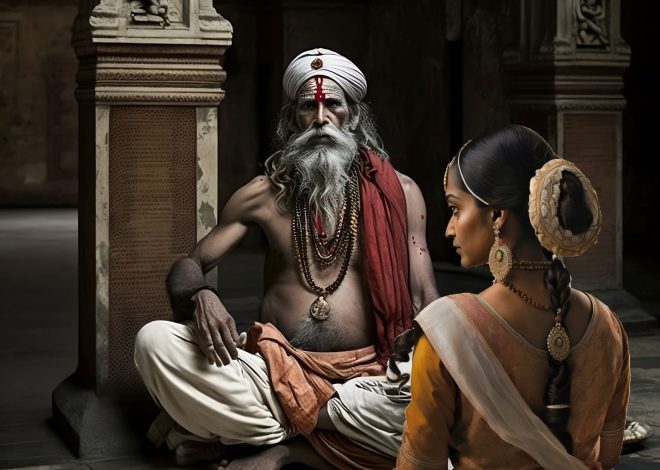
Indian Leaders and Their Sanatan Roots: A Holistic Approach to Global Leadership
Indian executives frequently shine with a certain flare in today’s globalized corporate landscape.
I believe that their ancient Sanatan Dharma traditions have instilled in them a worldview that transcends contemporary Western leadership styles.
As we experience opposing leadership behaviors, it is critical to understand whether Sanatan principles may actually provide a more holistic approach to leadership.
Perspective from Every Angle: In the Face of Diversity
Recognizing the unity in variety is central to Sanatan Dharma. This becomes an invaluable trait in global businesses with varied personnel. Indian leaders are naturally inclined towards inclusion in order to maintain unity and peace.
Whereas most people see business to be profit-driven, the Sanatan concept of ‘Dharm’ or righteous obligation emphasizes ethical issues and sustainability.
Continuous Learning
The ancient Sanatan texts fervently promote the never-ending pursuit of knowledge. Leaders who embody this mentality are adaptive, which is critical in our fast-paced business environment.
Balance
Sanatan Dharm values balance. This attitude resonates with leaders who promote work-life balance and sound decision-making.
The Karm Principle
Karm is really about accountability. Such leaders put ethics first, matching their activities with favorable long-term outcomes.
Indian Leadership Manifestations:
Positive Examples:
• Satya Nadella:
As Microsoft’s CEO, Nadella typically combines his leadership with his Indian heritage, emphasizing teamwork and empathy, which are Sanatan characteristics.
• Indra Nooyi:
The former PepsiCo CEO’s leadership tactics are generally viewed as a synthesis of her Indian culture and the rich tapestry of Sanatan Dharm traditions.
• Rishi Sunak:
The Prime Minister of the United Kingdom, Sunak, claims his Sanatan legacy as a guiding beacon, with qualities of hard labour, integrity, and dedication profoundly ingrained in his heritage.
Instances of Controversy:
• Vishal Garg (Better.com CEO): Garg’s harsh way of firing staff over a Zoom call drew widespread criticism, in contrast to the sympathetic leadership associated with Indian mentality.
• Rishad Premji: After succeeding his father as CEO of Wipro, Rishad’s leadership garnered criticism for periodically departing from the company’s core beliefs and appearing to fit with Western corporate culture.
• Rajat Gupta: A former McKinsey & Co. managing director and Goldman Sachs board member, Gupta was convicted of insider trading in 2012. His fall from grace revealed a departure from the traditional norms of honesty and righteousness that are typically emphasized in Indian culture.
When compared with modern leadership beliefs, Sanatan Dharm can guide a new paradigm. Imbibing these time-tested concepts might benefit the entire planet, potentially changing global leadership dynamics.
#SanatanDharma #IndianLeadership #GlobalLeadership #EthicalLeadership #HolisticApproach #ContinuousLearning #WorkLifeBalance #LeadershipDiversity #InclusiveLeadership #AccountableLeadership #CulturalHeritage #LeadershipValues


